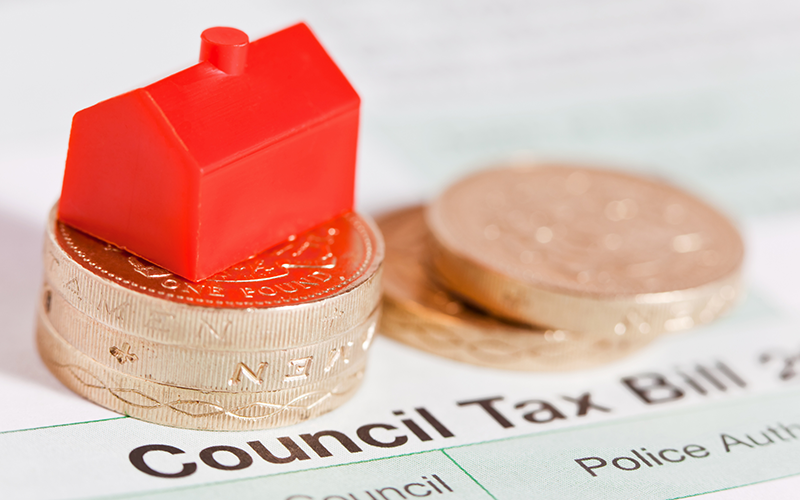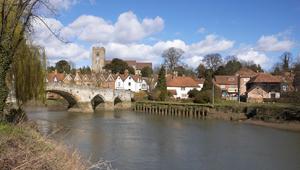By Richard Johnstone | 6 November 2013
The government should allow two-tier council areas to form unitary authorities as part of an efficiency drive that could keep council tax bills down, the Taxpayers’ Alliance has said.

Image credit: iStock
Publishing a report looking at how local government can cut costs, the low-tax campaign group also called on councils to make savings through a freeze in staff numbers.
The 201 ways to save money in local government report highlighted that sharing services with neighbouring authorities and other public sector bodies would reduce overheads. Report author and Conservative councillor Harry Phibbs said ‘joined-up’ working between councils and the NHS would be particularly important.
The group stated that allowing councils in two-tier areas to merge counties and constituent districts into unitary authorities would unlock savings. Councillors in Wiltshire, where a unitary was formed by local government reorganisation in 2009, claimed they had ‘saved a fortune through efficiency savings’, the report said.
The call for councils to be able to reorganise into unitaries comes after former deputy prime minister Lord Heseltine urged ministers to ‘remove legislative barriers that are preventing local authorities from collaborating… including moving to unitary status’ in his No Stone Unturned growth review.
Other options for greater town hall efficiency according to the TPA include combining the post of finance director and chief executive. As part of a recruitment freeze, councils should also only appoint new staff if a ‘vacancy management panel’ has approved them, chaired by the leader.
Publishing the list, Taxpayers' Alliance’s political director Jonathan Isaby said that ‘far too often we hear unimaginative councillors insisting that they have no choice but to raise council tax and increase the burden on already hard-pressed families’.
However, there are ‘literally hundreds of ways’ to cut costs, he insisted.
‘201 ways to save money in local government should be essential reading for anyone in local government and indeed anyone interested in holding to account their local representatives.
‘In future, any civic leader claiming that raising the council tax is their only option had better be able to prove that they have implemented or at least considered implementing every single idea we are putting before them today. If not, they won't be able to look their residents in the eye and insist that they have exhausted the possibilities for saving money.’
Critics of the TPA highlighted some of the more outlandish suggestions on the list. These included allowing cattle and sheep to graze on council land rather than spending money on grass cutting, and charging residents to hold events in parks.
Trade union Unite said that grazing sheep on public land would be ‘a return to the Middle Ages’.
National officer for local government Fiona Farmer said such ideas led to questions about the credibility of the TPA.
‘Has the alliance worked out how much it is going to cost to buy these animals and pay the substantial veterinary bills? The prospect we face is hundreds of these animals freely roaming around municipal parks ignoring health and safety considerations when children are playing – and being a prime target for urban rustlers.
‘After a three-year pay freeze, job losses and cuts to terms and conditions, local government workers are the lowest paid in public services – their pay and conditions are being taken back years, although not quite as far, yet, as the Middle Ages.’
A Local Government Association spokesman pointed out that council tax has fallen by 5.8% in real terms since 2010 across the country, with the government providing a grant to councils that freeze bills.
He added: ‘The TPA seems to have lost its bearings. This is a list of things councils have been doing for years peppered with a number of frankly ridiculous ideas, some of which are downright dangerous.
‘Councils are getting on with the serious business of saving money through sensible, well thought-through reforms which will keep council tax low and go some way to protecting local services from the 43% cut in funding from central government.’




















